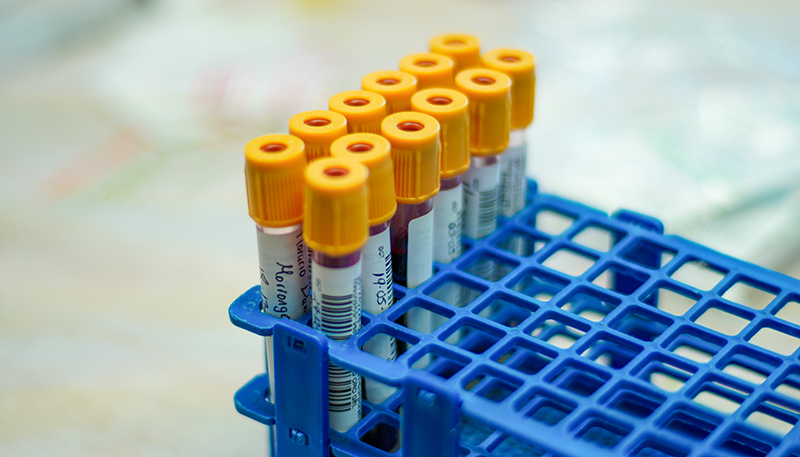True Talk
Approval of Truvada to prevent HIV infections is an opportunity for gay men to consider the role condoms play in our lives
Back when I was still a young HIV-prevention worker in the long-ago 1990s, I came across a new campaign for gay men that had launched in Australia. It focused on negotiated safety within a committed relationship — basically, what steps a couple should take to stop using condoms. Plenty of my generational cohorts in other organizations were equally taken with the approach, in large part because we knew that plenty of gay men were already quietly using ”the Australian method” in their relationships and it made sense to encourage and support healthy decision making and behavior change.
Excited by the prospect, I proposed to my organization’s leadership that our new prevention campaign focus on exactly that. In turn, I was greeted with the widened eyes and totally crickets silence normally reserved for flatulence at a formal dinner party.
In its own way, the HIV-prevention community is deeply conservative. Not conservative in the sense of the hateful homophobes like Jesse Helms who used every tool they had to block effective prevention programs. I mean conservative in the sense of being extremely resistant to change.
It’s easy to forget that even the efficacy of condoms was at one time not universally accepted in the gay community — I have some old campaigns from the ’80s in my files that warned gay men that condoms could fail. Mercifully for the lives of many, that perspective fell by the wayside. Home HIV testing, while admittedly burdened with some important limitations when first proposed, incited a wildly vociferous opposition. The institution of rapid testing frightened many with the possibility of people going from the test to the result without a period of counseling in between, a fear only heightened by oral rapid testing.
Expanding post-exposure prophylaxis (PEP) — the administration of highly effective antiviral medications within 24 to 48 hours of a possible infection — from medical personnel who suffered a needle stick to gay men who had unprotected anal sex, caused huge concerns and opposition among many advocates who feared it would be seen as carte blanche for abandoning condoms.
Support Metro Weekly’s Journalism
These are challenging times for news organizations. And yet it’s crucial we stay active and provide vital resources and information to both our local readers and the world. So won’t you please take a moment and consider supporting Metro Weekly with a membership? For as little as $5 a month, you can help ensure Metro Weekly magazine and MetroWeekly.com remain free, viable resources as we provide the best, most diverse, culturally-resonant LGBTQ coverage in both the D.C. region and around the world. Memberships come with exclusive perks and discounts, your own personal digital delivery of each week’s magazine (and an archive), access to our Member's Lounge when it launches this fall, and exclusive members-only items like Metro Weekly Membership Mugs and Tote Bags! Check out all our membership levels here and please join us today!





















